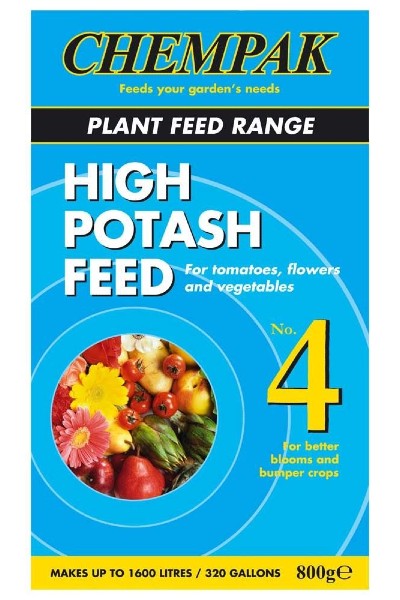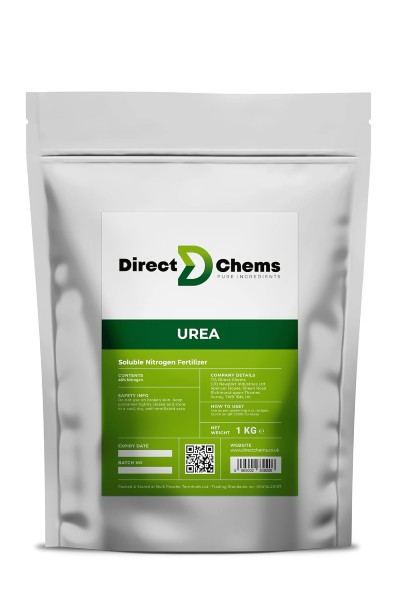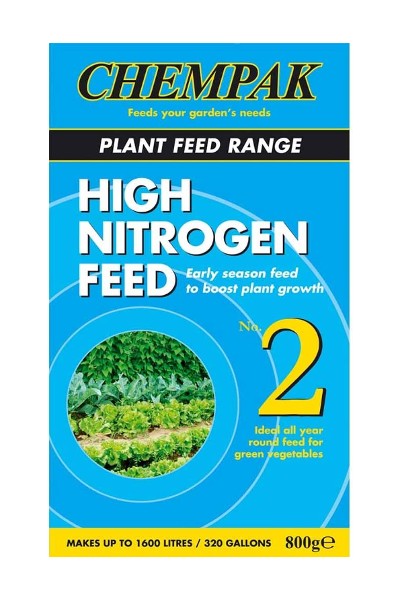The insider secret gardeners use to keep slugs out of garden borders and help your plants thrive
How to tackle these garden pests while strengthening your plants

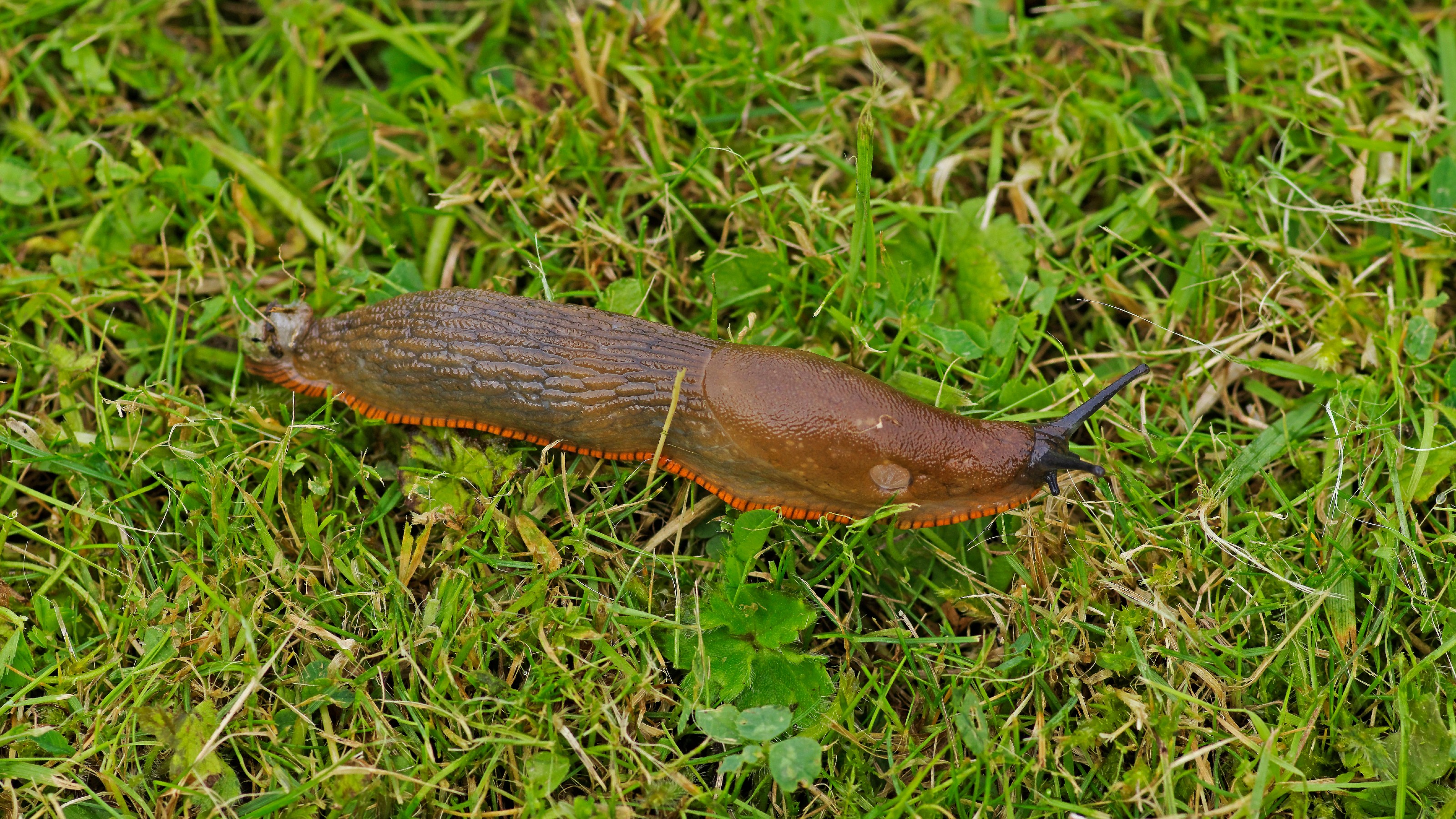
Sign up to our newsletter for style inspiration, real homes, project and garden advice and shopping know-how
You are now subscribed
Your newsletter sign-up was successful
EDITOR’S NOTE: An earlier version of this article included a quote from a purported expert whose credentials we have not been able to verify. The quote has been removed. We regret this lapse in our verification process and have updated our internal protocols to reduce the risk of recurrence.
As we’re welcoming the warmer months with the arrival of spring, we’re also getting to one of the wetter points of the year, and this warm, wet combo is the perfect time for slugs to thrive. Each year, keen gardeners look for ways to deter these pests and while we were doing so ourselves we discovered an insider secret of using fertiliser to deter them. But is fertiliser actually bad for slugs?
There are several well-known methods of how to get rid of slugs, and while using fertiliser isn't typically one, it is an effective way of deterring slugs both from garden borders and potted plants, according to gardening pros. As long as you choose the right type of pot feed that is...
Below, we explain on how this gardening hack actually works and what type of fertiliser you should be investing in in order to achieve the desired result.
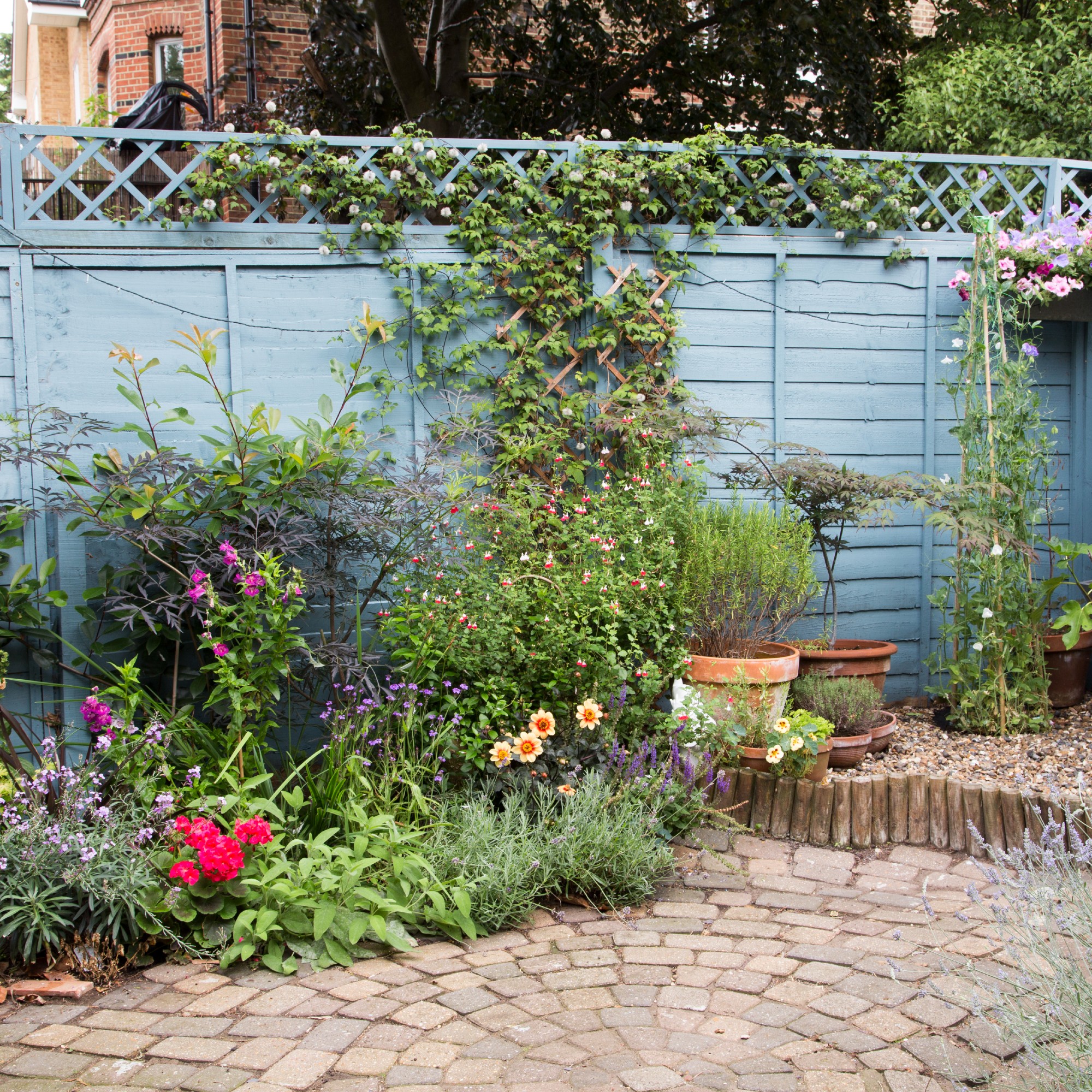
Is fertiliser bad for slugs?
Using coffee grounds in the garden is a popular slug repellent and salt is a known slug killer, and this is exactly what using fertiliser against slugs is based on.
The two types of fertiliser that have proven effective against slugs are either high in potash or high in nitrogen, such as urea, which has been found to kill both slugs and their eggs.
However, using too much feed in your pots and beds will damage your plants, so don’t overdo it with the pot feed.
Additionally, even if the fertiliser doesn’t kill the slugs, it will make the plants more resilient when attacked. ‘By using fertiliser on your potted plants it will promote healthy plant growth and strong plants that are more resilient to being attacked and eaten by slugs,’ notes Steve Chilton, garden expert at LeisureBench. So it’s a win win.
Sign up to our newsletter for style inspiration, real homes, project and garden advice and shopping know-how
But, of course, there are always alternative ways to repel and get rid of slugs, from slug tape to salt.
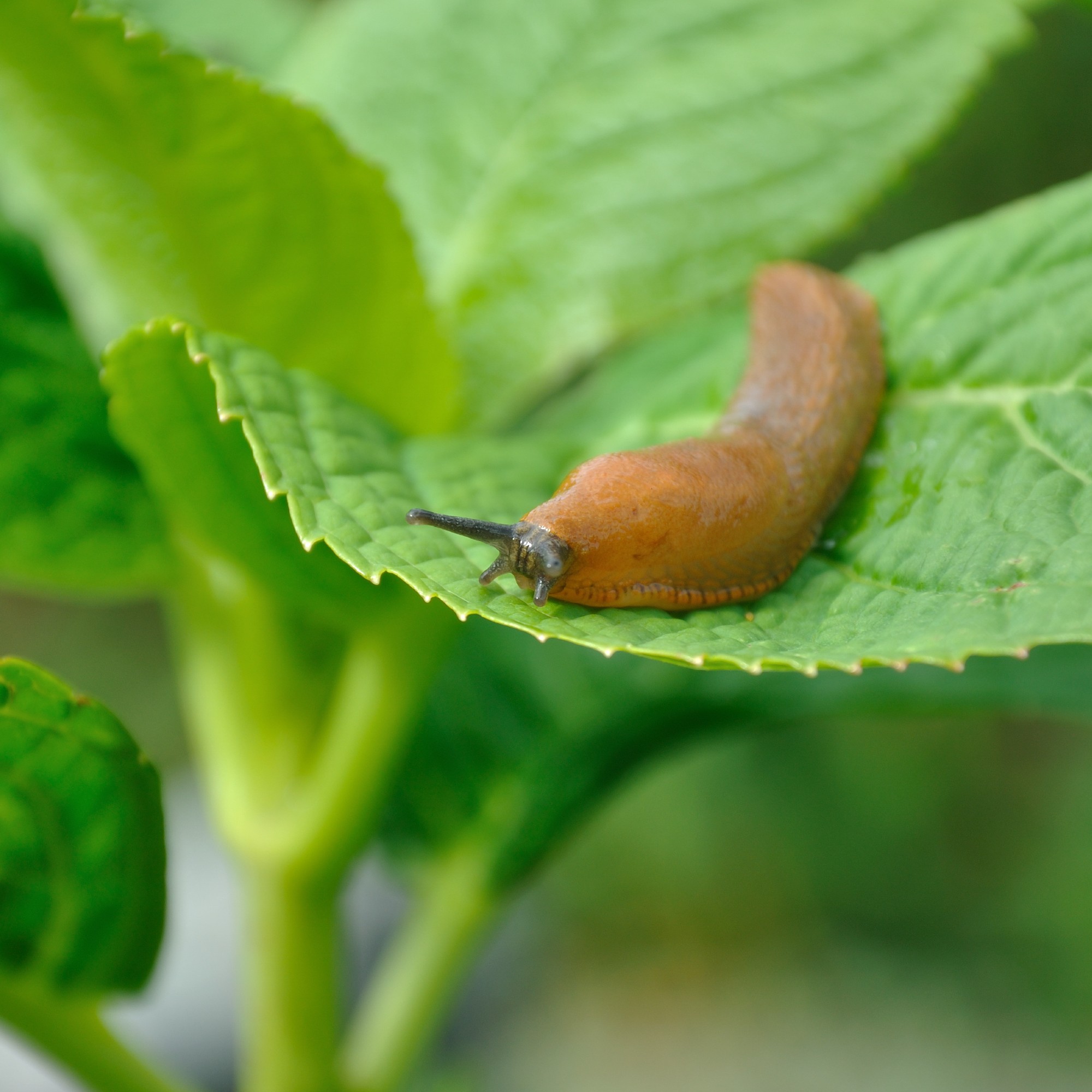
There are plenty of ways to control and deter slugs such as by using nematodes or encouraging wildlife will reduce their numbers.
You can deter slugs with herbaceous plants such as foxgloves, fuchsias, pelargoniums and geraniums. Slugs don’t like plants with hairy or scented leaves either, so you can use these around your leafy plants as a deterrent.
Either way, you don’t need to helplessly tolerate their presence in your garden or on your patio as there are a myriad of ways to wave slugs goodbye.

Sara Hesikova has been a Content Editor at Ideal Home since June 2024, starting at the title as a News Writer in July 2023. She is now also the Ideal Home Certified Expert in Training on Furniture, and so far has tested over 150 different sofas.
Graduating from London College of Fashion with a bachelor’s degree in fashion journalism in 2016, she got her start in niche fashion and lifestyle magazines like Glass and Alvar as a writer and editor before making the leap into interiors, working with the likes of 91 Magazine and copywriting for luxury bed linen brand Yves Delorme among others.
